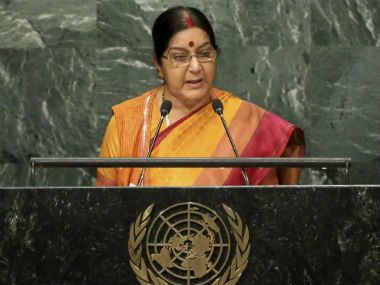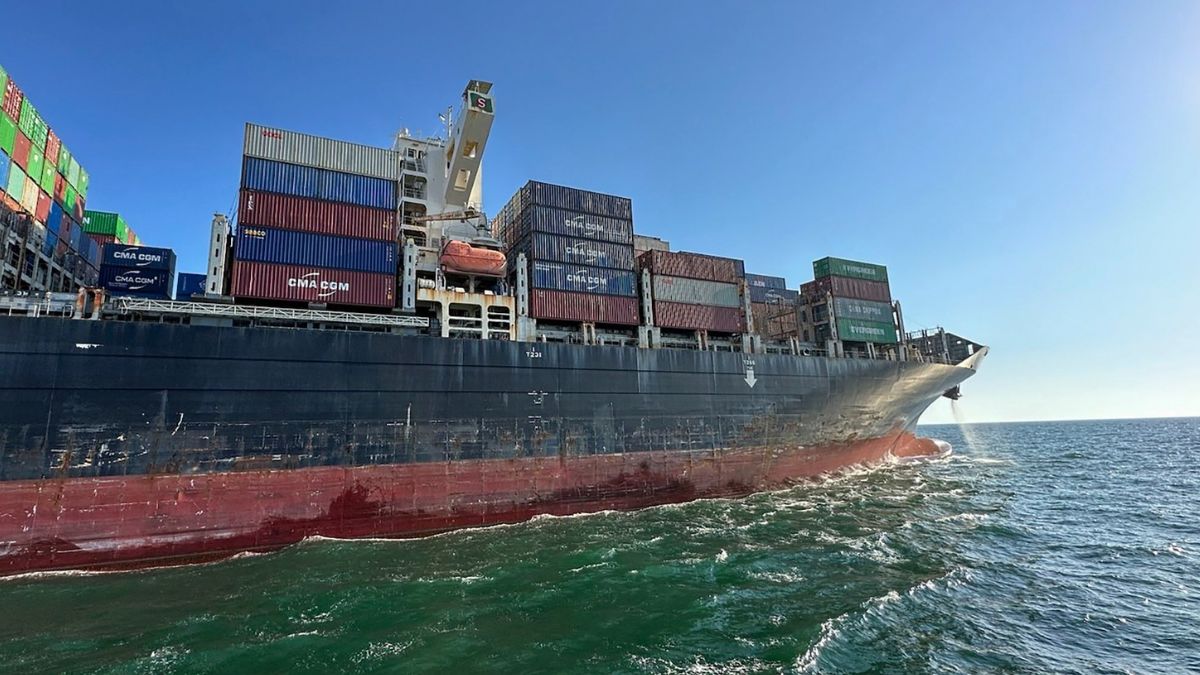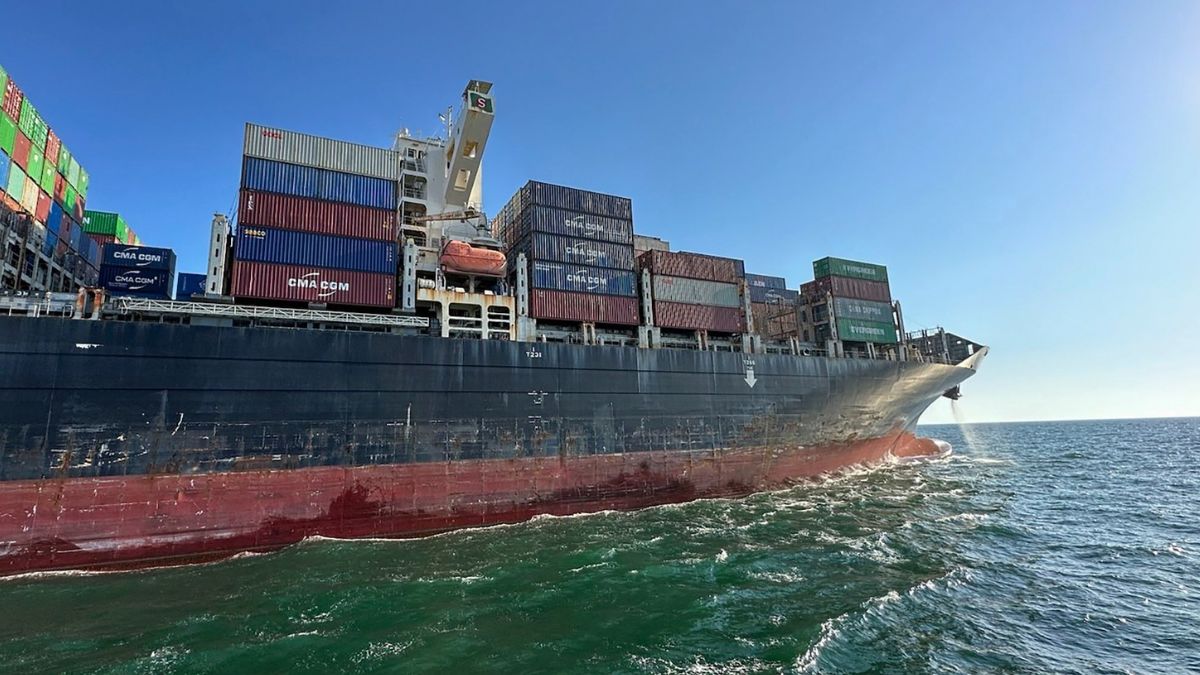The core message of External affairs minister, Sushma Swaraj’s emotional, yet mature speech at the UN general assembly on Monday evening was India’s demand to the world to isolate Pakistan in the world map as a terror-aiding country.
Without mincing words, Swaraj named and shamed Pakistan, India’s perennial problem since 1947 as a supporter of terrorism, but not without a convincing argument that India, as a mature democracy, has been doing everything on its part to build piece with its hostile neighbour — only to be reciprocated with acts of terrorism.
In many ways, Swaraj’s speech carried the design of Narendra Modi’s recent Kozhikode speech, where the PM chose to calm down war mongers, who were expecting that he would declare war on Pakistan in his first public speech post Uri. Modi, instead, devoted most of his time to speak on poverty alleviation, development, unemployment and human rights violations in the neighbouring country, but with a clear warning that India wouldn’t forget the massacre of 18-soliders in Uri attacks reportedly orchestrated from Pakistan.
Swaraj’s speech too was largely on the similar lines. In the initial part of her speech, the minister stayed clear of the Pakistan issue talking about larger challenges such as poverty, India’s development-agenda and need for a peaceful world and international energy security. The minister’s emotional, but firm words, resonated the tone of the Modi-government’s stance on Pakistan issue — calibrated moves not panic-reactions that will only help in escalating tension.
To an observer, it’s unwise to deduce the action plan of a government from one or two speeches, but the larger approach seems to be diplomatically ostracising Pakistan internationally on the terror-issue, kill its morale, rather than its people and mount pressure to fall in line. Swaraj made it clear that India’s repeated attempts to develop peace and mutual cooperation with Pakistan has been rewarded with acts of terror. “We have in fact attempted a paradigm of friendship in the last two years which is without precedent. We conveyed Eid greetings to the Prime Minister of Pakistan, wished success to his cricket team, extended good wishes for his health and well-being. Did all this come with pre-conditions attached? And what did we get in return? Pathankot, Bahadur Ali, and Uri,” Swaraj asked.
But, the point here is that India isn’t engaged in a fair game with Pakistan. We are dealing with an opponent who doesn’t follow the rules of the game and often engages in foul play. This approach of Pakistan is manifested on innumerable occasions in the past. There are several recent examples — Pathankot, Burhan Wani, Bahadur Ali and now Uri. The state then remains in perpetual denial and derives it energy from the subsequent blame game.
The logical questions every Indian would ask the Modi-government would be these: 1) To a country, which has its democratic and economic fundamentals shattered and overshadowed by the peril of terrorist elements, how much of this sermons work? 2) Can India afford to keep sacrificing lives to the whims of a rogue neighbour forever? 3) If a war isn’t an option, what are the alternatives?
The Modi-government has a made a smart move by revisiting the Indus Waters Treaty. A meeting of the PM with his ministers on IWT on Monday didn’t give much clues on what the government intend to though beyond a statement that India will exercise its right under the IWT. But, the point is if India is determined to isolate Pakistan for promoting terrorism, it should first set an example by doing so before asking the world, both diplomatically and economically.
The MFN status
One example is the tag of Most Favoured Nation (MFN) that India accorded to Pakistan in 1996. This was according to the commitments under the World Trade Organization (WTO), according to which the member countries should treat all other trade partners equally. “Under the WTO agreements, countries cannot normally discriminate between their trading partners. Grant someone a special favour (such as a lower customs duty rate for one of their products) and you have to do the same for all other WTO members” WTO says. But despite several commitments, Pakistan hasn’t reciprocated with MFN status to India.
But, as this article in The Hindu points out, trade experts have said that India could invoke the ‘security exception’ clause in WTO’s General Agreement on Tariffs and Trade (GATT) to re-examine the MFN status given to Pakistan and bring in certain trade restrictions, given the present tensions.
“This is because Article 21(b)(iii) of GATT states that ‘Nothing in this Agreement shall be construed to prevent any contracting party (including India in this case) from taking any action which it considers necessary for the protection of its essential security interests taken in time of war or other emergency in international relations’,” the report says.
Even with MFN, India doesn’t have any major trade with Pakistan, with only $2.6 billion bilateral trade in 2015-16, constituting only 0.4 percent of India’s total goods trade. In other words, revoking the MFN status with Pakistan wouldn’t mean much for India but is an important signal to the world about the intent. India can justify its action before WTO citing the issue of national security.
Secondly, by naming Pakistan in her UN speech, Swaraj gives clear evidence that India has officially acknowledged Pakistan as a state supporting terrorism.
“In our midst, there are nations that still speak the language of terrorism, that nurture it, peddle it, and export it. To shelter terrorists has become their calling card. We must identify these nations and hold them to account. These nations, in which UN designated terrorists roam freely, lead processions and deliver their poisonous sermons of hate with impunity, are as culpable as the very terrorists they harbour. Such countries should have no place in the comity of nations,” Swaraj said. Given this stance, why India isn’t yet officially tagging Pakistan as a terrorist state, especially when it wants the world to do so?
The bottomline is: Beyond emotional speeches and rhetoric, perhaps, its time for us to take tangible steps to isolate Pakistan in the global map. There is no reason why Pakistan should continue to be India’s MFN.


)




)
)
)
)
)
)
)
)